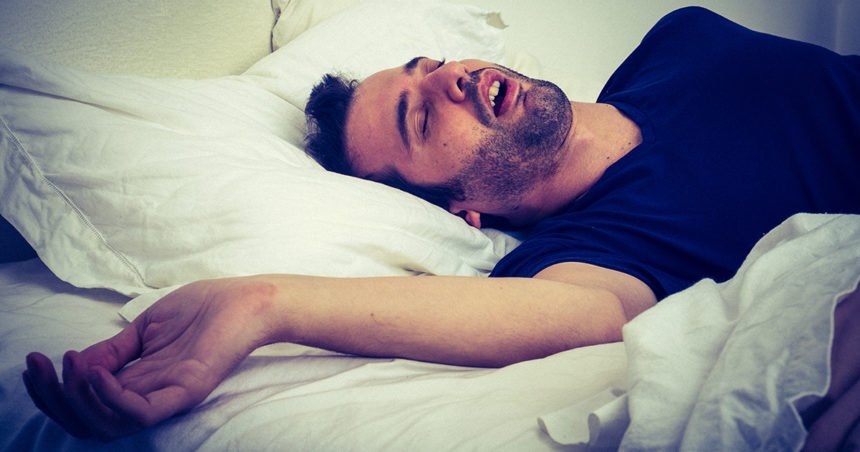Do you snore when you sleep? This is your guide to stop snoring
Are you suffering from snoring at night or do you know someone who snores when you fall asleep? There is a study that proves that 60% of the Australian population makes some kind of noise while sleeping. The condition itself can have several causes: eating habits, physical condition, sleeping position, environment, among others.
But after all, what is snoring? Snoring is a severe sound that comes from your throat and happens through the partial blockage of the upper airways of the throat. This annoying sound can be caused by the anatomy of your mouth. The narrower your airways, the greater the air fluid, thus causing snoring.
Snoring may be a hereditary problem, having nothing to do with serious health problems. The size of your airways, the width of your throat and even your face, can contribute more or less to your snoring. The truth is that snoring can disturb your sleep and there come problems for your health.
A survey by the European Association of Cardiovascular Imaging in Athens found that people with obstructive sleep apnea have a higher risk of cardiovascular problems. The same study concluded that these people should seek medical help as soon as possible.
A study by The American College of Sports Medicine revealed that when the body is deprived of sleep, whether by snoring or not, its muscles are already more tired, even without having started any effort activity.
Being overweight, consuming alcoholic beverages, sleeping on your back, can contribute to snoring more.
What are the solutions for those who snore, without having sleep apnea (if you have seek medical help) and constantly wake up in the middle of sleep?
Nasal dilators can help decrease the intensity of snoring, but these only result if snoring comes from the nasal passages, because if it is from your tongue and soft palate, this is not the solution.
There are oral devices that help you move the jaw to alignment, thus creating more space for airflow.
A tennis ball can be the solution. Place it in the middle of the bed or on the side where you sleep under the sheet. This will prevent you from sleeping on your back and force you to turn your sideways. It may be a little difficult to get used to the idea.
Language exercises, proven by the Sleep Laboratory of the University of the Heart Institute of São Paulo: 1st - Push the tip of the tongue against the tip of the mouth; slide the tip back | 2nd - Suck the tongue up against the tip of the mouth and press the whole tongue against it. | 3rd - Force the back of the tongue against the floor of the mouth while keeping the tip of the tongue in contact with the lower front teeth. | 4th - Raise your soft palate (the back of the sky of your mouth) and your uvula (the fleshy protrusion that hangs on your soft palate) while making the vowel sound. | Do these exercises 3 times a day.
Surgery may be a solution
Change your lifestyle: lose weight, reduce alcohol consumption, quit smoking, regularly clean your room, stop eating spicy foods, change the sleeping position, take a hot shower before going to bed, drink a lot of liquids

